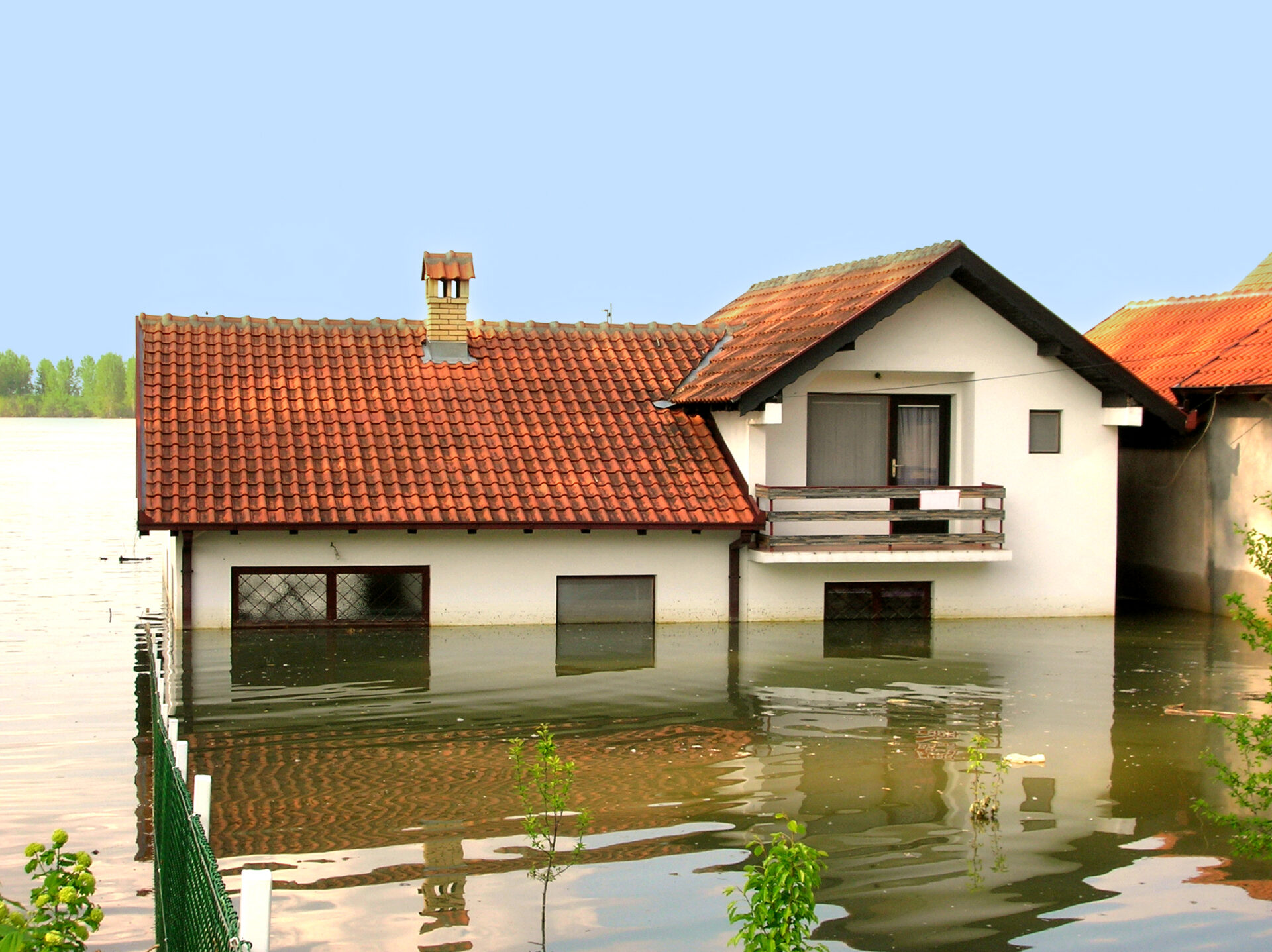Both homeowners and lenders may be underestimating the rising cost of insurance following a growing number of natural disasters, according to a SitusAMC white paper titled “Weathering the Storm: Burgeoning Insurance Costs for Real Estate.”
The paper found that natural disasters have impacted residential property nationwide, not just in areas with highly publicized disasters such as California and Florida. The states with the most natural disasters were Texas (where winter storms accounted for 40% in total insurance market losses in 2021), Virginia, and South Dakota.
As the number of disasters rises and their severity intensifies, insurance companies will face more risk, leading to higher insurance premiums and reductions in coverage for property owners.
“The growing number of climate events has left the insurance industry reeling,” said Jennifer Rasmussen, PhD, Vice President and Head of Thought Leadership and Publications for SitusAMC Insights, and co-author of the white paper.
“Many insurers and reinsurers have already seen their 2020 financials severely downgraded. As the intensity and scope of future catastrophes grow, insurance rates for property owners will likely rise significantly in the near future.”
The paper discusses the recent mass migration to the West and Southeast, where fires and floods are serious problems. Migration to areas highly likely to be affected by climate change rose between 2016 and 2020. Texas, home to some of the hottest housing markets of 2021, will have the highest threat of wildfires as global warming continues, with 72% of the state’s population at risk.
As people continue to move to high-risk areas, an additional 1.2 million homes will be put at risk for flooding over the next 30 years, up 10% from today’s risk, the paper notes. Homeowners who cannot afford private market insurance may end up with bare-bones plans from insurers of last resort, making them susceptible to huge losses after a disaster.
“Most people may not be surprised to hear insurance rates are going up, but few understand how precarious the situation is for the insurance industry,” said Rasmussen. “As the number of climate-related disasters increase, many homeowners and residential real estate investors could be in for a rude awakening in the years ahead.”
The mortgage industry is bracing for its own climate-related disaster. A report from MBA’s Research Institute For Housing America predicts housing shortages, loan holders defaulting, skyrocketing interest rates, and economic losses of epic proportions.
“Climate change will impact all governments, industries, and individuals,” the report reads. “Housing and housing finance will not be spared.”
